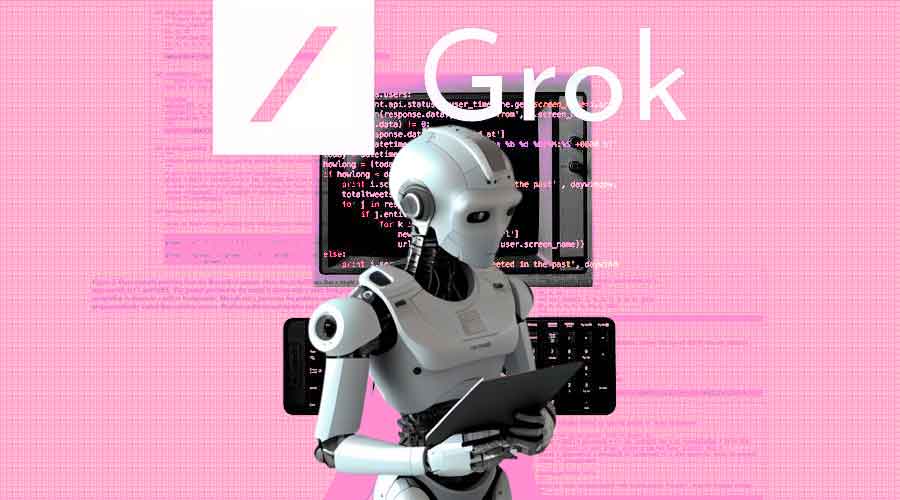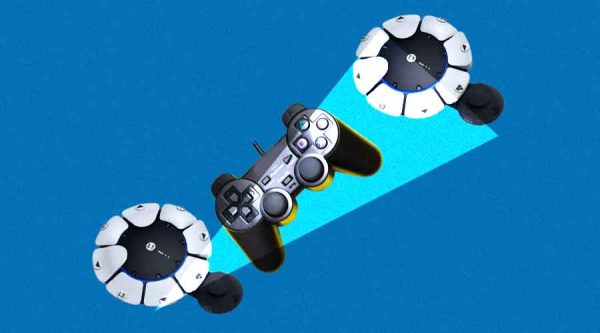
Grok Under Fire, Allegations of Code Theft from OpenAI Rock the Foundations of AI Ethics
In the fast-evolving landscape of artificial intelligence (AI) and machine learning, ethics, transparency, and intellectual property are crucial pillars that uphold the integrity of the industry. Recently, Grok, a prominent player in the AI community, has found itself under intense scrutiny and criticism for allegedly incorporating code from OpenAI, a leading AI research lab. This controversy has ignited debates surrounding ethical practices, open-source collaboration, and the potential consequences for the burgeoning AI ecosystem.
Background: Grok, known for its innovative AI solutions and applications, has built a reputation as a key contributor to advancements in natural language processing and deep learning. OpenAI, on the other hand, has been a pioneer in AI research, with a commitment to openness and sharing knowledge with the global community. The clash between these two entities has raised concerns about the ethical boundaries in AI development and the protection of intellectual property.
The Allegations: The allegations against Grok surfaced when members of the AI community noticed similarities between Grok’s recent code releases and segments of code previously published by OpenAI. The resemblances were not mere coincidences but appeared to be substantial portions of OpenAI’s proprietary codebase, leading to accusations of intellectual property theft and unethical behavior.
OpenAI’s Response: In response to the allegations, OpenAI issued a statement expressing concern over the potential misuse of its code. The organization emphasized the importance of ethical conduct in the AI community and the need to respect intellectual property rights. OpenAI called for a thorough investigation into the matter to determine the extent of code appropriation and to take appropriate actions to address any wrongdoing.
Grok’s Initial Response: Grok, initially caught off guard by the accusations, released a brief statement asserting its commitment to ethical AI development and denying any intentional infringement of OpenAI’s code. The company claimed that the similarities were the result of parallel development efforts and coincidental convergence of ideas, rather than a deliberate attempt to incorporate OpenAI’s work without proper attribution.
Community Reaction: The AI community responded with a mix of skepticism and concern. Many developers and researchers demanded a transparent and impartial investigation into the allegations to uncover the truth. Some expressed disappointment in Grok, citing the importance of maintaining trust within the AI community and upholding ethical standards. Others reserved judgment, awaiting the results of a thorough inquiry.
Ethical Implications: The allegations against Grok underscore the ethical challenges faced by the AI industry. As the field advances, the lines between inspiration, collaboration, and outright infringement can blur. The incident raises questions about the adequacy of safeguards in place to prevent such occurrences and whether stricter ethical guidelines need to be established to protect the intellectual property of AI developers.
Potential Consequences: If the allegations are substantiated, Grok could face legal consequences and damage to its reputation. OpenAI may pursue legal action to protect its intellectual property rights, setting a precedent for future cases involving code appropriation in the AI sector. Additionally, the incident may prompt a revaluation of industry norms and practices, leading to increased scrutiny and accountability for AI developers.


